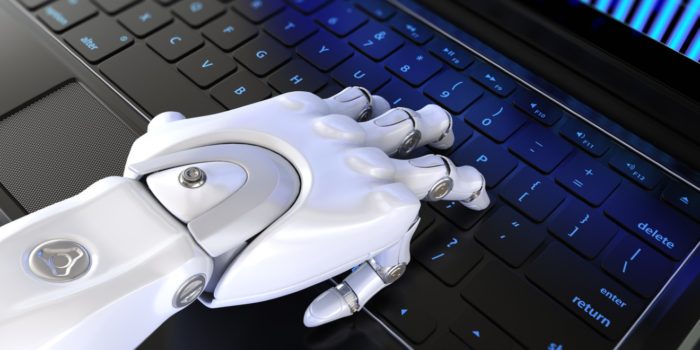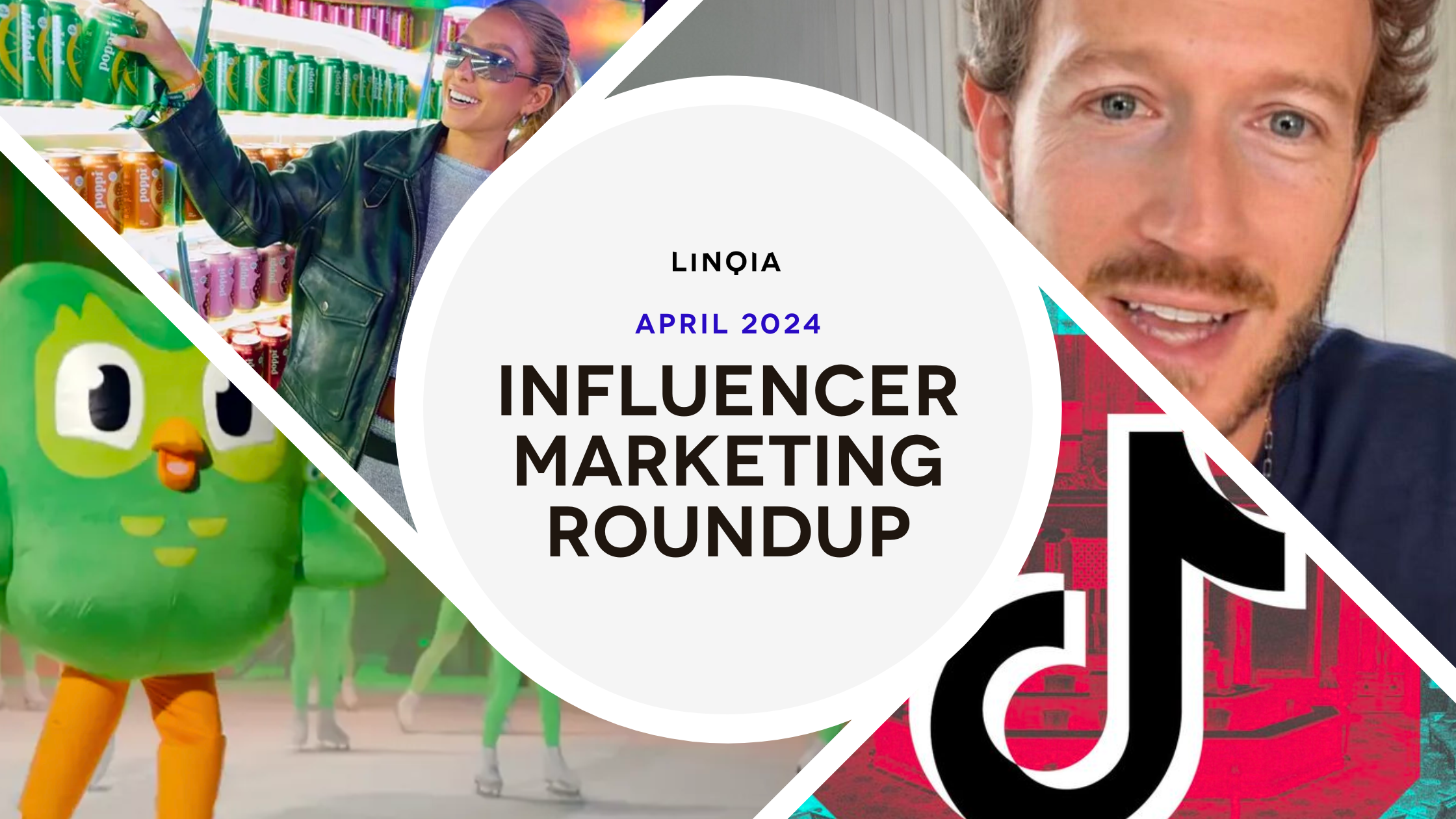This article was originally published in Adweek.
When people hear artificial intelligence, they usually think about Terminator or Westworld. When they hear influencer marketing, they often picture Kylie Jenner promoting hair vitamins. What could Westworld and Kylie Jenner possibly have in common? Truthfully? Not much, if anything at all.
So, what is the connection between AI and influencer marketing? Most people aren’t aware that AI is far more than machines and robots.
AI today typically falls into two categories: general AI (the stuff of movies, where the lifelike robots sit) and problem-solving AI, where the technology is created to solve a specific problem. AI in influencer marketing is the latter, and many platforms today claim to use AI for influencer marketing.
But how do you determine if it’s buzz created to drive sales or if there is true value to using AI in influencer marketing? It comes down to understanding how the AI is being applied.
When AI in influencer marketing is buzz
If you’re in the market for an influencer marketing platform to help manage and scale your influencer programs, ask how they are using AI to make the programs more effective. If it’s only used to process data and images or to identify an influencer’s personality type, run the other way.
Image classification is a well-solved problem. For instance, if you want AI to determine which images include a hot dog, the task is to simply provide the computer with various hot dog images (plain, half-eaten, dressed in a bun, etc.) and a variety of non-hot dog images (airplanes, cars, tables, etc.) and let the machine learn what is or isn’t a hot dog.
Nearly every AI services vendor offers this type of technology, plus it’s fairly easy to build your own (just ask any college student in a machine learning course).
Personality categorization is similarly superficial. The service identifies influencers through the analysis of softer metrics, like how they are perceived by their followers and how well their specific personality fits into a predefined template. Unfortunately, this doesn’t always accurately identify which influencers are best fit for a program because it uses inferred personality data instead of real audience data.
When AI in influencer marketing is real value
So how can you determine when an influencer marketing platform uses AI in a way that truly makes its programs more effective?
Probe to find out if the AI technology is an off-the-shelf classification tool purchased from providers like Amazon, IBM and Google, or if it was purpose-built to solve a specific business problem. In influencer marketing, for example, 78 percent of marketers cite determining influencer marketing return on investment as their top challenge.
AI makes influencer marketing programs more effective when it is used to return quantifiable results. Rather than simply identifying a picture of a hot dog, true AI platforms move beyond image processing and analyze years of influencer content to determine the brands and topics that influencers talk about, aesthetic style, audience sentiment and, most important, how effective their content is at driving traffic, engagement and product sales.
Pairing brands with influencers who have a true affinity for the brand and identifying patterns that can predict success virtually guarantees that those influencers will return meaningful results.
The next time you hear an influencer marketing platform tout its AI-driven technology, pause for a moment and ask how that AI is used. Is the AI simply a term to dress up influencer classification tasks? Or is the AI purpose-built to scale programs, predict results and drive greater influencer marketing ROI for brands?
At the end of the day, it’s most important to ensure that your influencer marketing efforts are both effective and brand-safe.
Image: iLexx/iStock




